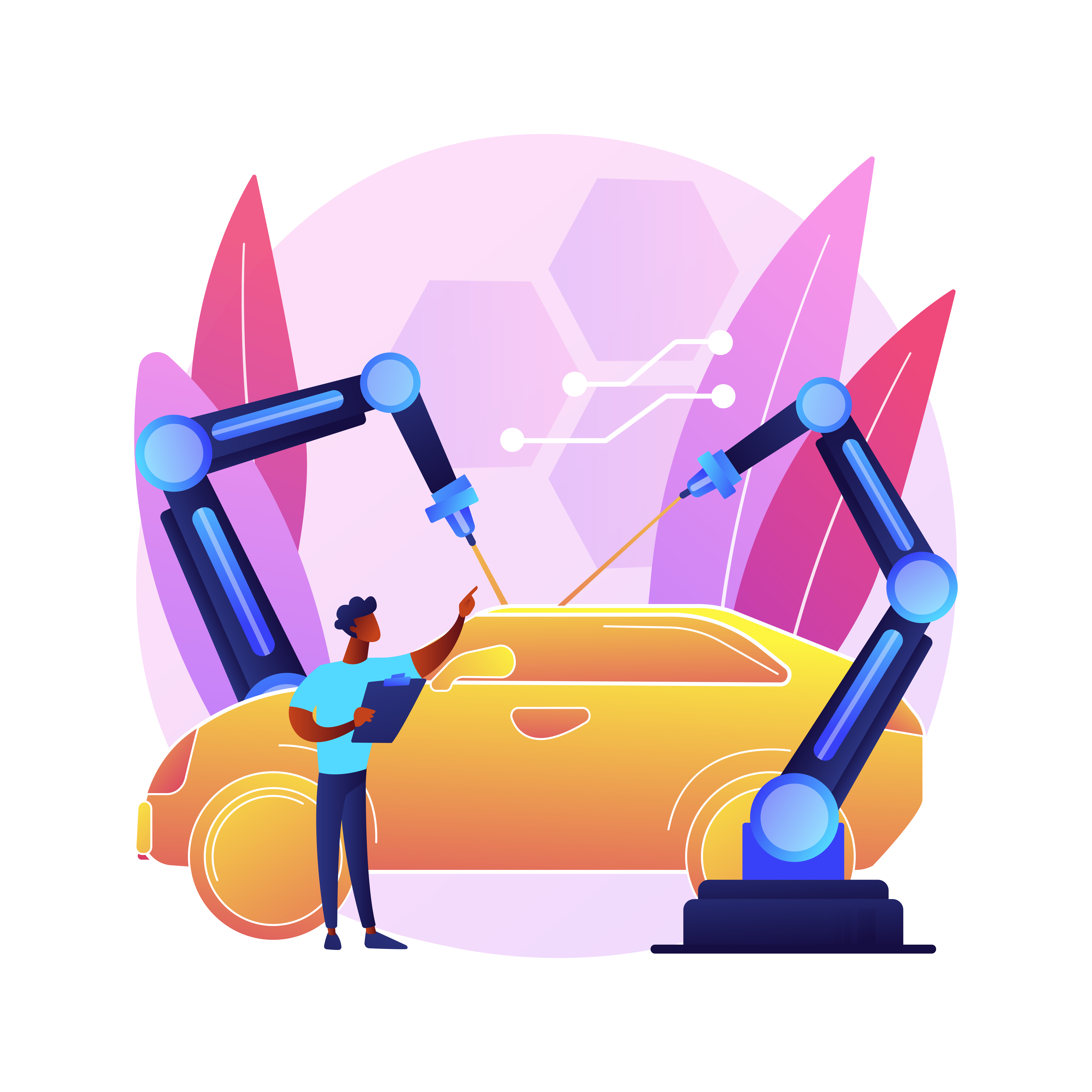Driving change: How the workforce revolution is transforming talent acquisition in the automotive sector

Hiring in India in 2023 – Where does India Inc. stand?
May 23, 2023
Ten ways to minimise cost-per-hire
May 23, 2023
Revolution in the automotive industry
From the first generation cars to the modern vehicles, the automotive industry has come a long way. New technologies, shifting customer preferences, and sustainability policies have given rise to new trends in the sector. Let us look at each in a little more detail.
Technology-driven trends
Autonomous vehicles: Self-driving cars are much talked about. Associated facets of autonomous driving — self-braking, speed control, automatic parking, following traffic rules, lane discipline, etc., — are being tested. Technology is continuously developing and being perfected.
Connectivity: We know about smart homes with centrally controlled washing machines, light bulbs, and air conditioners (ACs). The automotive industry has also adopted this technology, allowing vehicles to communicate with each other and outside systems. Examples include digital car keys (smartphones) and Global Positioning System (GPS).
Changing customer preferences
Car customers are getting younger, with 40% below the age of 35. They prioritise safety, design, comfort, and technology and prefer feature-rich models with sunroofs, automatic parking, internet connectivity, and more, rather than cars for just commuting.
Sustainability initiatives
Eco-friendly vehicles: Industries aim for net-zero emissions to address environmental concerns. The automotive industry is exploring green fuel alternatives like biodiesel, hydrogen, natural gas, ethanol, and electricity. This has resulted in an increase in electric vehicles on the road.
Diverse mobility: Over-congested roads and prolonged travel times in metropolitan cities harm the environment. However, carpooling, public transportation, and electric car usage are gaining popularity among environmentally conscious commuters.
Emerging trends in the automotive industry are transforming skill requirements and in turn, talent acquisition.
Hiring for the automotive industry
In its early years, the automobile industry required mechanical engineers, sales managers, and production managers. Today, as cars start to resemble computers on wheels, organisations must review their skill demands and take into account new specialties and requirements for talent acquisition. Hiring must:
- Focus on adaptability, diversity, and soft skills: Technology will impact all aspects of the automotive supply chain, requiring new skills. The industry must emphasise diversity in hiring as technical and engineering roles expand. Soft skills such as analytical thinking, strategic problem-solving, and clear communication, must also be highlighted in the hiring process for service technicians.
- Leverage technology, data, and analytics: With the automotive sector looking for professionals across engineering, production, marketing, sales, etc., the industry can benefit by elevating its hiring with insights, streamlining and automation.
- Focus on employer branding and employee value proposition: The global automotive market is projected to grow from 23 billion in 2022 to $28.7 billion in 2027. However, due to the high demand for skilled experts, attracting top candidates can be challenging. Building a strong employer brand and value proposition is essential, as job seekers place high importance on these factors and want to know what an employer can offer in exchange for their skills and dedication.
- Hire people willing to learn, upskill, and reskill: As the automotive industry evolves, the demand for skilled technicians who can inspect, maintain, and repair both electric-powered and petrol/diesel vehicles is increasing. In addition to repairing traditional vehicle systems, technicians will also need to perform software diagnostics and troubleshooting.
- Well-versed sales workforce: To provide optimal customer service, it’s crucial, particularly for the sales workforce to have a strong understanding of not only their own products but also those of their competitors. This knowledge can be invaluable when answering customer questions and addressing concerns.
Conclusion
As emerging trends transform the automotive industry, talent acquisition managers must adapt their hiring practices. This means identifying the new skills and knowledge required for the industry’s future and designing recruitment strategies to attract those skills. It also means being open to using technology to find and engage with potential candidates. Embracing the workforce revolution is key to future-proof organisations.


